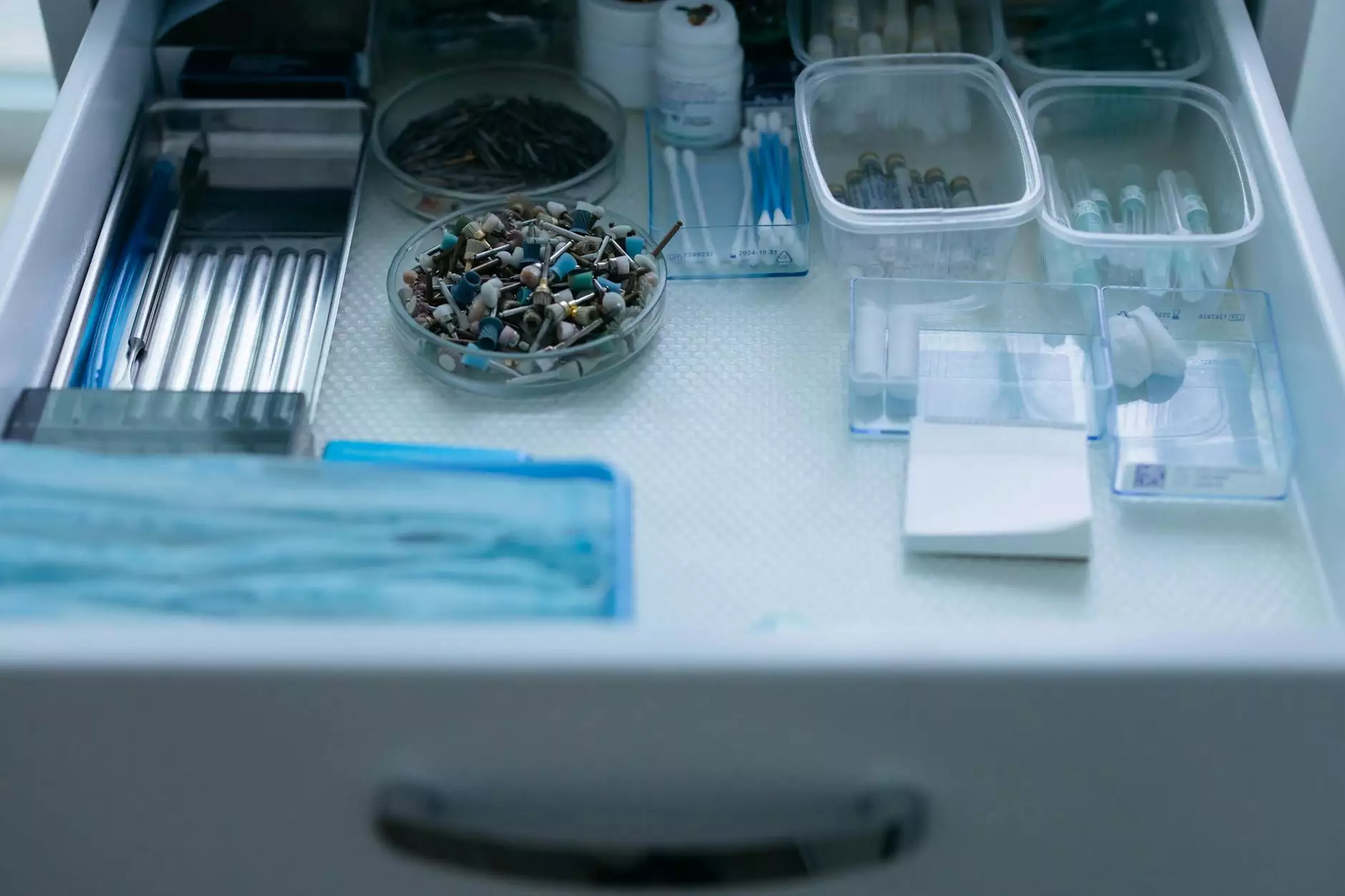Crowns for Teeth: Everything You Need to Know

Crowns for teeth are a vital part of modern dentistry that combines functionality with aesthetics. These dental prosthetics restore strength, shape, and the appearance of teeth that may have been damaged or weakened due to decay, injury, or other dental conditions. This comprehensive guide will delve into the different aspects of dental crowns, including their types, benefits, procedures, and aftercare, ensuring that you are well-informed before undertaking this dental solution.
What are Dental Crowns?
Dental crowns, also known as caps, are custom-made coverings that fully encase a tooth or dental implant. They are designed to restore the tooth's shape, size, strength, and appearance. Crowns are particularly useful in scenarios such as:
- Protecting a weak tooth from fracturing
- Restoring an already fractured tooth
- Replacing a large filling when there isn't enough healthy tooth structure remaining
- Holding together parts of a cracked tooth
- Covering discolored or misshaped teeth
- Supporting a dental bridge
- Covering a dental implant
Types of Crowns for Teeth
There are several types of crowns available, each with specific materials and purposes. Understanding these types can help you choose the best option for your dental health and aesthetic needs.
1. Porcelain Crowns
Porcelain crowns are favored for their natural appearance. They closely mimic the color and translucency of natural teeth, making them an excellent choice for front teeth restorations. Porcelain crowns are also biocompatible, which means they are less likely to cause allergic reactions.
2. Ceramic Crowns
Ceramic crowns, like porcelain crowns, provide excellent aesthetic benefits and are ideal for patients with metal allergies. They are often used for front teeth due to their ability to match the natural tooth color.
3. Metal Crowns
Metal crowns provide unmatched strength and durability, making them an excellent choice for molars, which endure significant chewing pressure. They are typically made from alloys of gold, platinum, or other metals but are less aesthetically pleasing than porcelain or ceramic crowns.
4. Porcelain-Fused to Metal Crowns
These crowns provide the best of both worlds. They have a strong metal base for durability and a porcelain exterior for aesthetics. However, the metal can sometimes show through the porcelain, particularly at the gum line, which may not be suitable for front teeth.
5. Resin Crowns
Composite resin crowns are less expensive than other types and can be fabricated directly in your dentist’s office. However, they are less durable and may wear down faster than porcelain or metal crowns.
The Benefits of Crowns for Teeth
Opting for crowns offers numerous advantages that enhance both dental health and appearance:
- Longevity: Crowns can last anywhere from 5 to 15 years with proper care.
- Restoration of Function: Crowns restore the ability to chew and speak properly.
- Aesthetic Improvement: They significantly improve the appearance of discolored or misshaped teeth.
- Protection: Crowns protect weak teeth from further damage.
- Versatility: They are suitable for various dental issues.
The Crowning Procedure
Getting a crown generally requires two visits to your dentist. Here's what you can expect during the process:
Visit 1: Consultation and Preparation
- Assessment: The dentist assesses the tooth requiring a crown.
- X-Rays: If necessary, x-rays are taken to evaluate the tooth's root and surrounding bone.
- Preparation: The tooth is reshaped to accommodate the crown. Local anesthesia may be applied.
- Impression: An impression of the prepared tooth is taken to create a custom crown.
- Temporary Crown: A temporary crown is placed to protect the tooth until the permanent crown is ready.
Visit 2: Crown Placement
- Removal of Temporary Crown: The dentist removes the temporary crown.
- Fitting: The permanent crown is placed on the tooth to check the fit and bite.
- Cementing: Once satisfied with the fit, the crown is permanently cemented onto the tooth.
Aftercare for Crowns
Proper aftercare is crucial to ensure the longevity and effectiveness of your crowns. Here are tips to maintain your dental crowns:
- Good Oral Hygiene: Brush your teeth at least twice a day and floss regularly to prevent plaque buildup.
- Regular Dental Visits: Schedule routine check-ups with your dentist for professional cleanings and assessments.
- Avoid Hard Foods: Steer clear of hard candy and ice to prevent damaging the crowns.
- Address Any Issues Promptly: If you experience discomfort or notice any cracks, consult your dentist immediately.
Cost of Crowns for Teeth
The cost of crowns for teeth can vary significantly based on various factors such as the type of crown, the material used, and the geographical location of the dental practice. On average, crowns can range from $800 to $3,000 per tooth. Dental insurance may cover a portion of the costs depending on the diagnosis and the necessity of the crown. It’s advisable to consult with your dental clinic (like Turkey Dental Clinic) to understand coverage and payment options.
Crowns for Teeth: A Summary
Crowns for teeth are more than just dental restorations; they are a pathway to improved dental health and confidence. By understanding the types, benefits, procedures, and aftercare involved, patients can make informed decisions about their dental health. If you are considering crowns, scheduling a consultation with a cosmetic dentist or orthodontist can help tailor a solution to your specific needs.
Conclusion
In conclusion, the journey to obtaining crowns for teeth is a well-defined process that offers numerous advantages for dental restoration. From protecting weak teeth to enhancing smile aesthetics, crowns are an essential tool in modern dentistry. If you are looking for exceptional dental care, consider visiting Turkey Dental Clinic, where a team of expert dentists can guide you through every step of your dental journey. Invest in your smile today for a brighter tomorrow!









